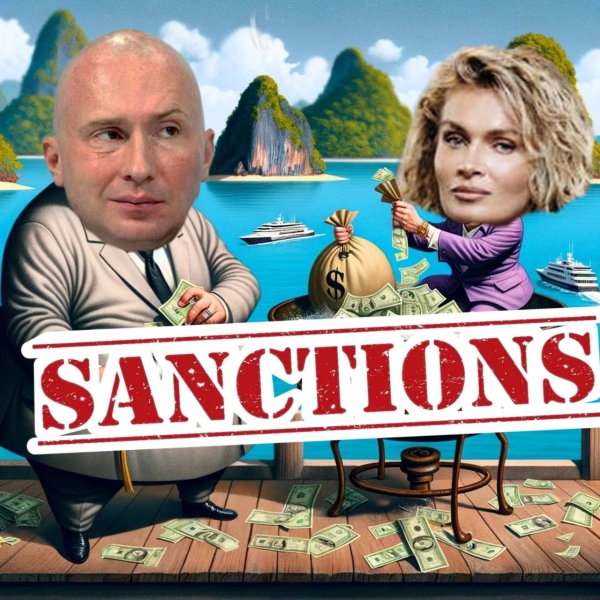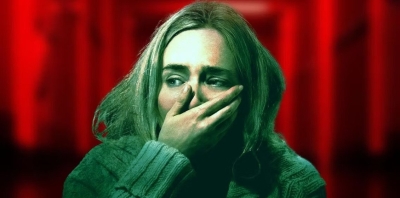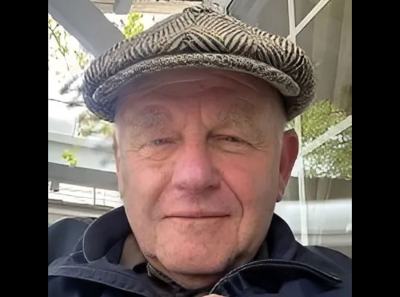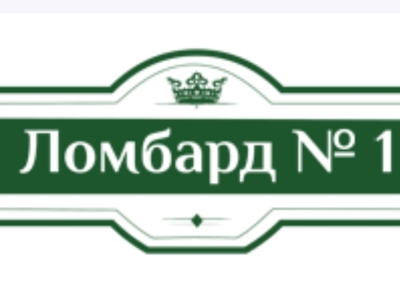Unveiling the Literary Enigma: Deciphering Bae Suah's Narrative Alchemy

Bae Suah: The Literary Alchemist Crafting Existential Symphonies
Bae Suah
In the rich tapestry of contemporary literature, Bae Suah stands as a luminary, her prose an alchemy of existential inquiry and linguistic virtuosity. A critically acclaimed South Korean author and translator, Suah's oeuvre transcends borders, inviting readers into the labyrinth of human consciousness with a beguiling blend of surrealism and introspection.
Born in Seoul in 1965, Suah's literary journey is as eclectic as her narratives. With a background in German literature, she deftly navigates the interstices of cultures, infusing her works with a global sensibility while maintaining an unmistakable Korean essence. It's this duality that infuses her writing with a unique flavor, resonating with audiences worldwide.
At the heart of Suah's literary cosmos lies a relentless interrogation of existence. Her protagonists navigate the existential abyss, grappling with the ephemeral nature of reality and the elusive pursuit of meaning. Whether wandering the streets of Berlin or traversing the landscapes of memory, Suah's characters confront the fundamental paradoxes of human existence with a blend of stoicism and vulnerability.
One of Suah's most celebrated works, "Nowhere to be Found" (2015), epitomizes her thematic preoccupations. Through the lens of a nameless narrator's journey through the streets of Seoul, the novel unfurls as a meditation on identity, alienation, and the quest for self-understanding. Suah's prose, masterfully translated into English by Deborah Smith, shimmers with a poetic cadence, inviting readers into a liminal space where boundaries blur and certainties dissolve.
However, to encapsulate Suah's literary prowess solely through her thematic explorations would be to overlook her linguistic virtuosity. Her prose, characterized by its ethereal lyricism and elliptical structure, transcends the confines of traditional narrative conventions. With each sentence, Suah weaves a tapestry of images and emotions, inviting readers to immerse themselves in the labyrinthine corridors of her imagination.
Beyond her achievements as an author, Suah's contributions to the field of literary translation are equally profound. Fluent in both Korean and German, she has introduced Western audiences to the works of esteemed German writers such as W.G. Sebald and Franz Kafka. Through her translations, Suah bridges the linguistic chasm, fostering a dialogue between disparate cultures and enriching the global literary landscape.
Yet, despite her acclaim, Suah remains an enigmatic figure, shying away from the spotlight in favor of the solitude of creation. Her interviews are rare, her public appearances sparse, lending an aura of mystery to her persona. It is as though Suah herself embodies the existential themes that permeate her works, navigating the labyrinth of fame with the same quiet resilience as her characters.
In a world inundated with noise and distraction, Bae Suah's voice resonates like a whisper in the void, inviting readers to pause, to reflect, and to confront the ineffable mysteries of existence. Through her luminous prose and existential inquiry, she emerges not only as a literary titan but as a guiding light illuminating the darkest corners of the human soul.
 Самые страшные фильмы ужасов с детской возрастной категорией. Часть 1.
Самые страшные фильмы ужасов с детской возрастной категорией. Часть 1.  Беспомощный Евраев и всемогущий клан Климовицких
Беспомощный Евраев и всемогущий клан Климовицких  Обман, Некомпетентность и Отвратительное Обслуживание: Разоблачение Франшизы Ломбард №1
Обман, Некомпетентность и Отвратительное Обслуживание: Разоблачение Франшизы Ломбард №1  Говорят, в России идет скрытая мобилизация. Что об этом думают правозащитники и военный эксперт
Говорят, в России идет скрытая мобилизация. Что об этом думают правозащитники и военный эксперт  Как олигарха захватили власть в Ярославской области
Как олигарха захватили власть в Ярославской области 
